Colds and flu are more common during the change of seasons or when temperatures drop. They take longer to heal for people with weakened immune systems. Combining turmeric and ginger helps boost immunity and has many other benefits.
Turmeric and ginger are natural medicinal plants. They both contain anti-inflammatory, antioxidant and digestive-aiding compounds, according to Verywell Health (USA).
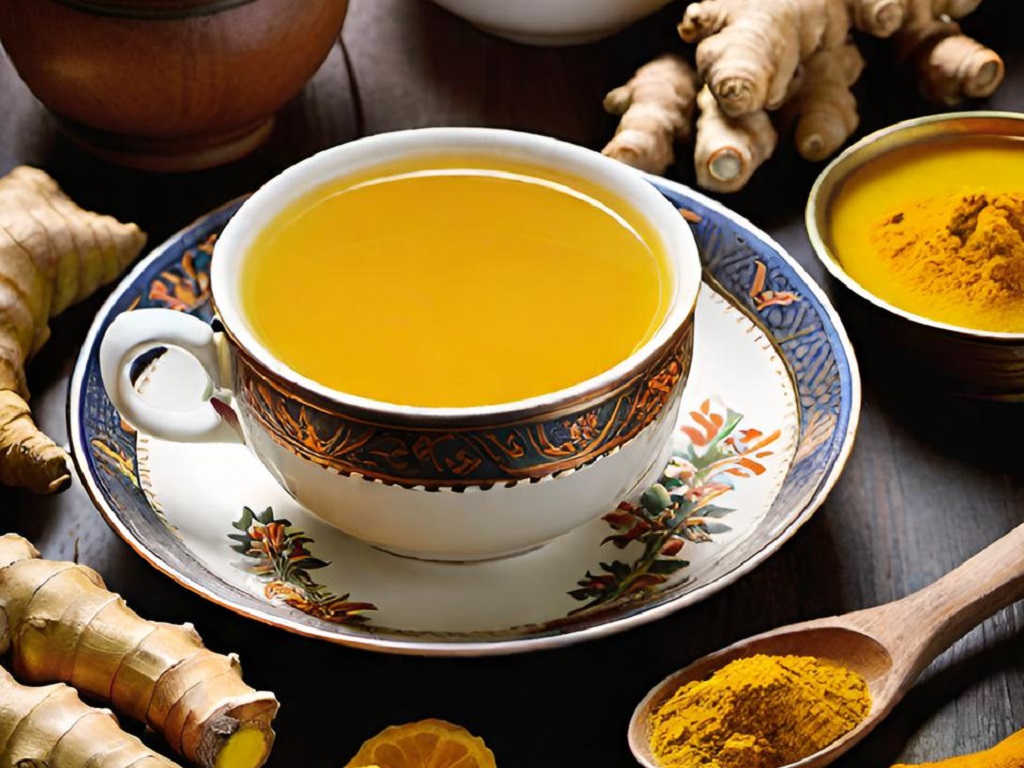
Combining ginger and turmeric will help provide the body with a rich source of anti-inflammatory and antioxidant substances.
Combining turmeric and ginger may provide the following health benefits:
Ginger and turmeric help the body reduce inflammation
Chronic inflammation is one of the main causes of the development of dangerous diseases such as heart disease, cancer and diabetes. It also aggravates autoimmune diseases such as rheumatoid arthritis and some types of inflammatory bowel disease. Combining ginger and turmeric will help the body get enough anti-inflammatory nutrients such as gingerol, beta-caryophyllene, curcumin or turmerone.
Pain relief
Many studies have shown that both ginger and turmeric can help relieve chronic pain. In particular, curcumin, the active ingredient in turmeric, is extremely effective in relieving pain caused by arthritis.
Immune Support
Supporting immunity is one of the prominent properties of both ginger and turmeric. Ginger in particular contains natural nutrients that help fight respiratory syncytial virus (RSV), which causes respiratory infections in infants, children, and adults.
Reduce nausea
Ginger is a natural remedy that helps soothe the stomach and effectively reduce nausea. Some research evidence shows that eating at least 1 gram of ginger per day will significantly reduce nausea and vomiting after surgery. Meanwhile, turmeric has the effect of fighting digestive problems caused by chemotherapy, reducing symptoms such as nausea and diarrhea.
While both turmeric and ginger have many health benefits, they can have some negative effects when taken in large amounts. The most notable effects include reducing blood clotting and affecting the effectiveness of blood thinners.
Additionally, some studies have shown that ginger can affect blood sugar levels. Therefore, experts recommend that people who are taking blood sugar-lowering medications should consult their doctor before regularly using ginger or ginger supplements, according to Verywell Health .
Source: https://thanhnien.vn/tac-dung-suc-khoe-it-nguoi-biet-khi-ket-hop-nghe-va-gung-185241218190600739.htm




![[Photo] Prime Minister Pham Minh Chinh chairs conference to review the implementation of Resolution No. 18-NQ/TW](https://vstatic.vietnam.vn/vietnam/resource/IMAGE/2025/4/14/dcdb99e706e9448fb3fe81fec9cde410)
![[Photo] Ceremony to welcome General Secretary and President of China Xi Jinping on State visit to Vietnam](https://vstatic.vietnam.vn/vietnam/resource/IMAGE/2025/4/14/5318f8c5aa8540d28a5a65b0a1f70959)

![[Photo] General Secretary To Lam holds talks with General Secretary and President of China Xi Jinping](https://vstatic.vietnam.vn/vietnam/resource/IMAGE/2025/4/14/b3d07714dc6b4831833b48e0385d75c1)


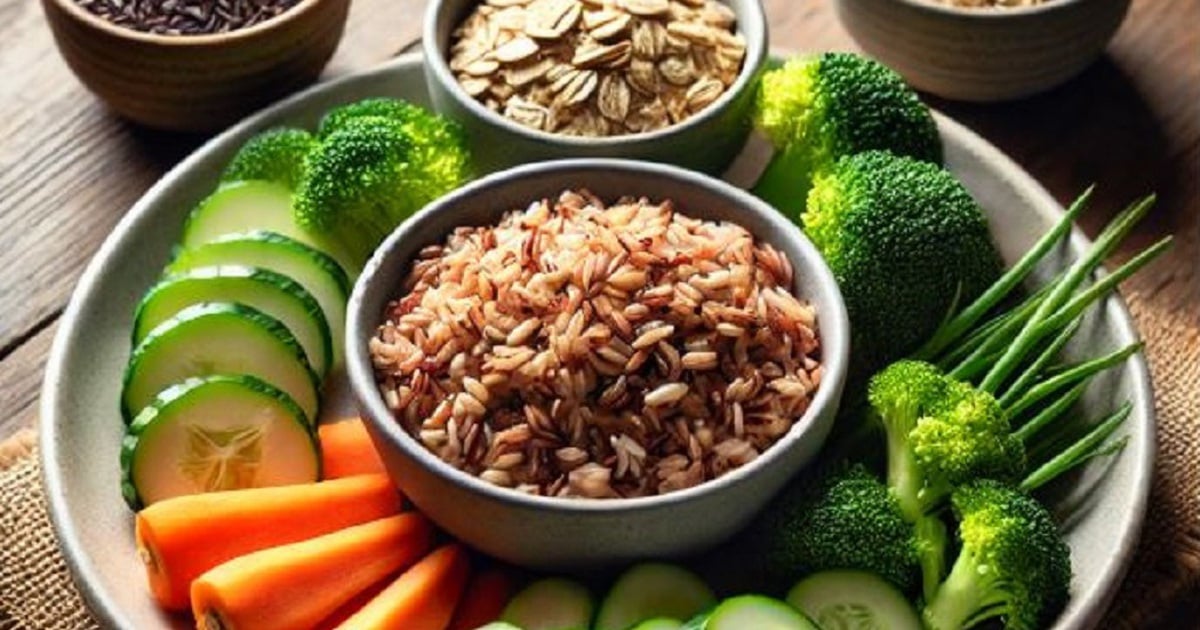

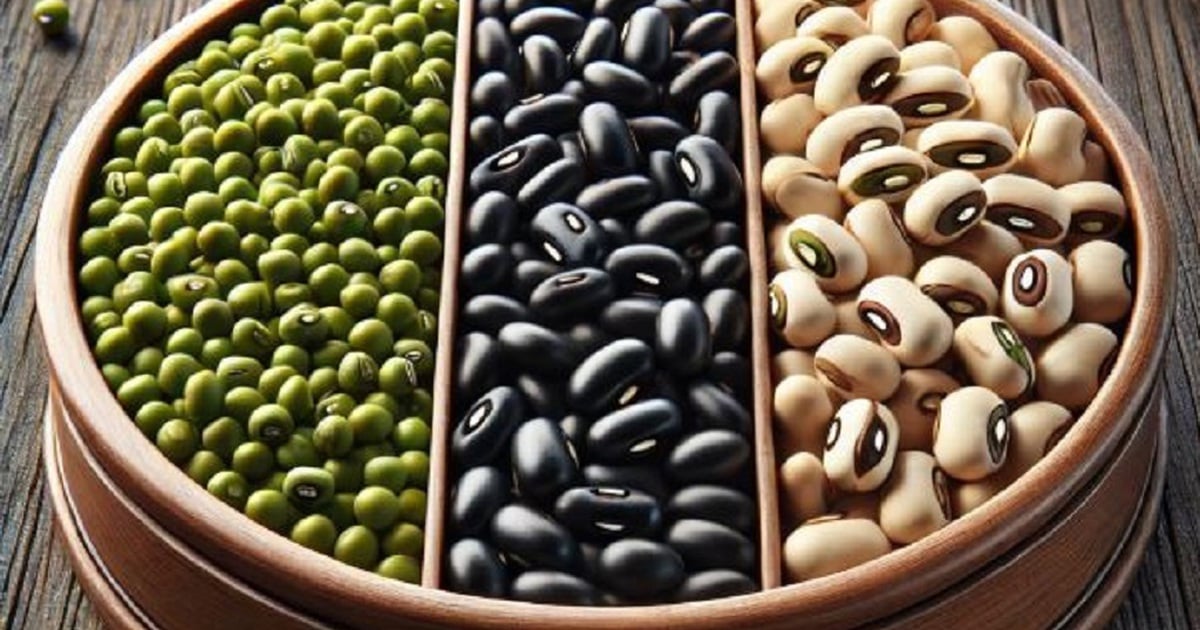















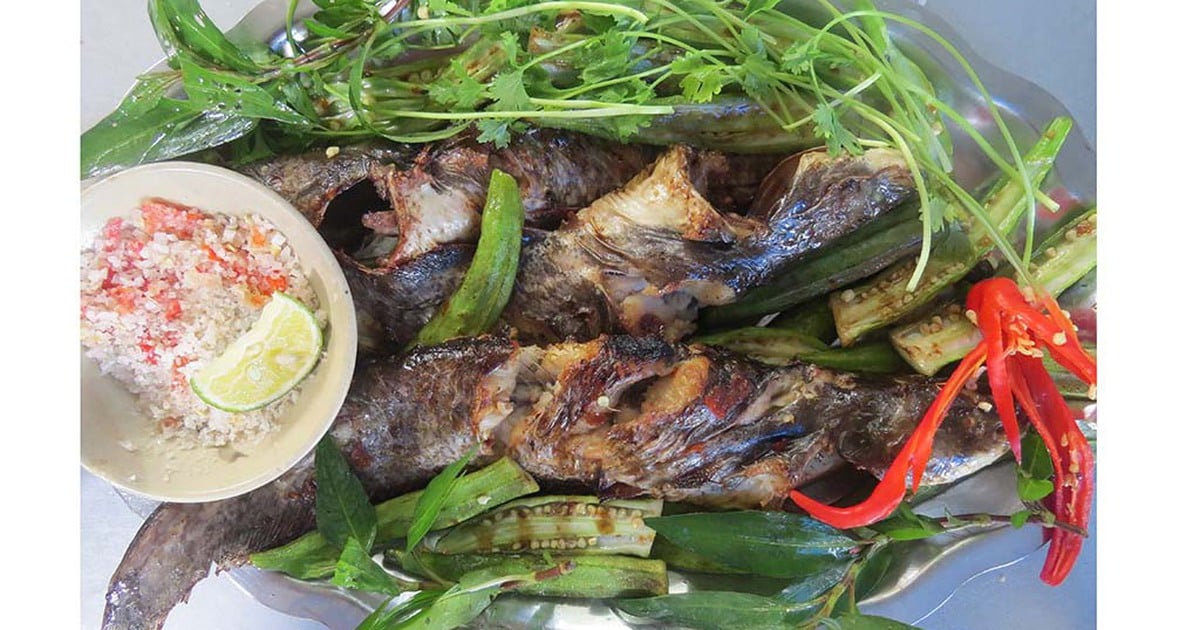


































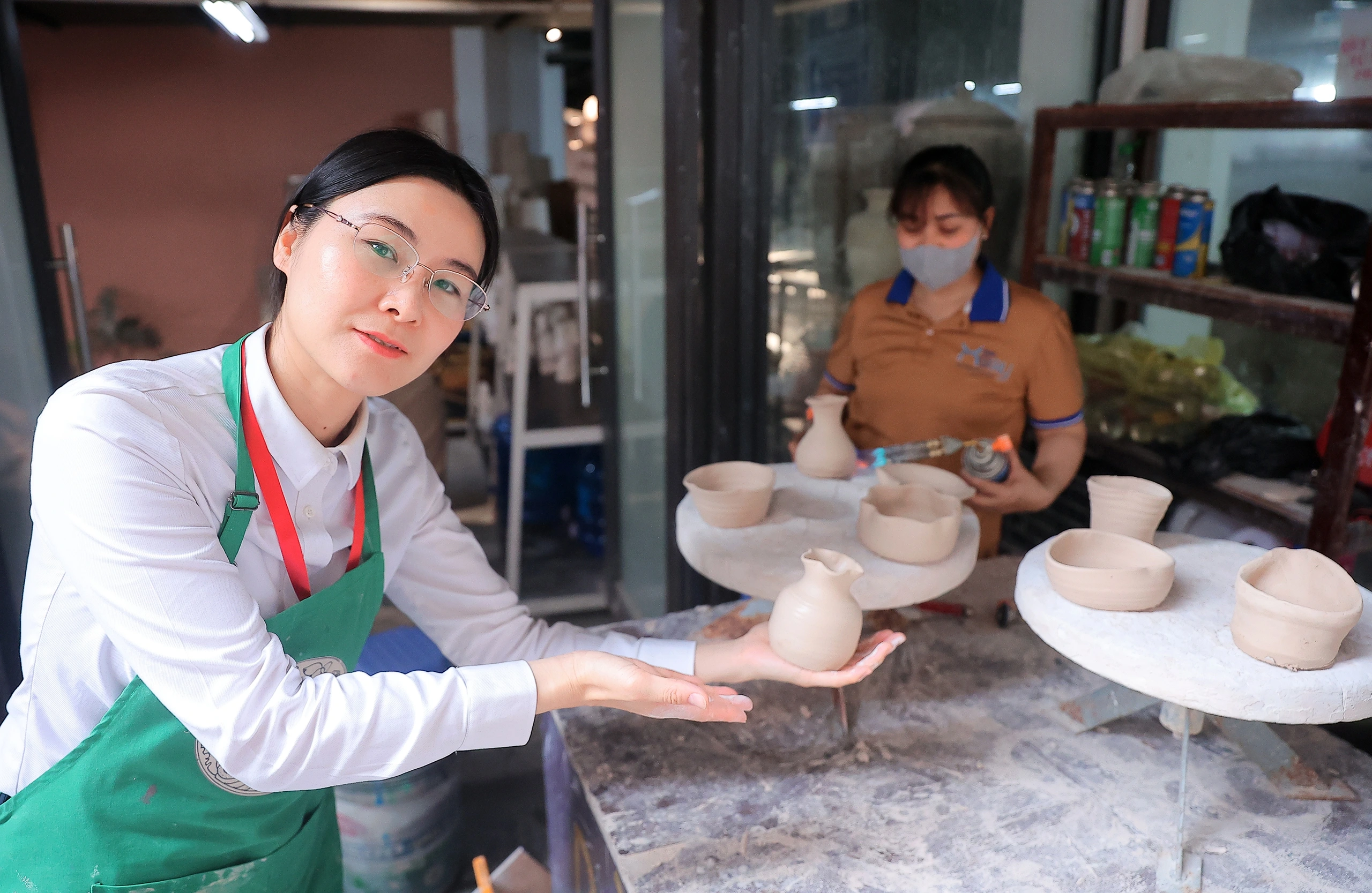































Comment (0)